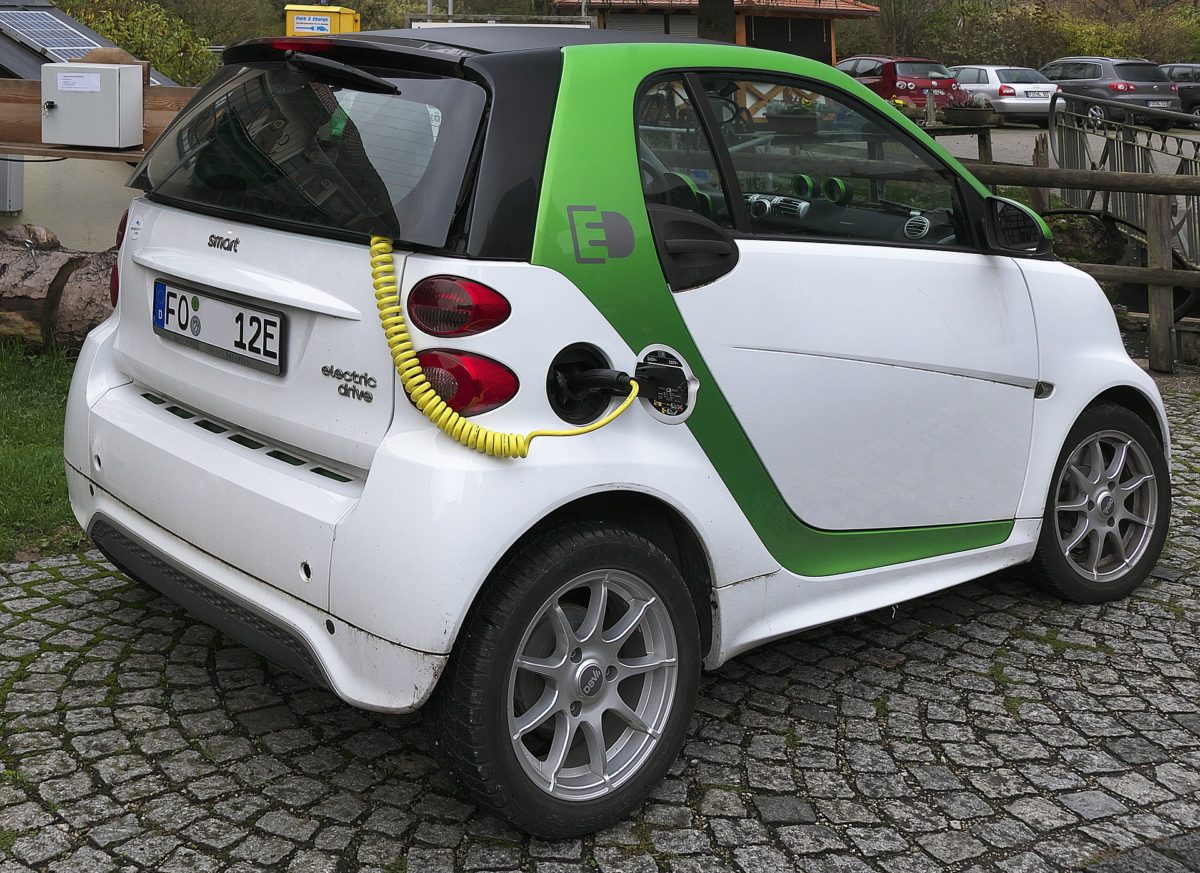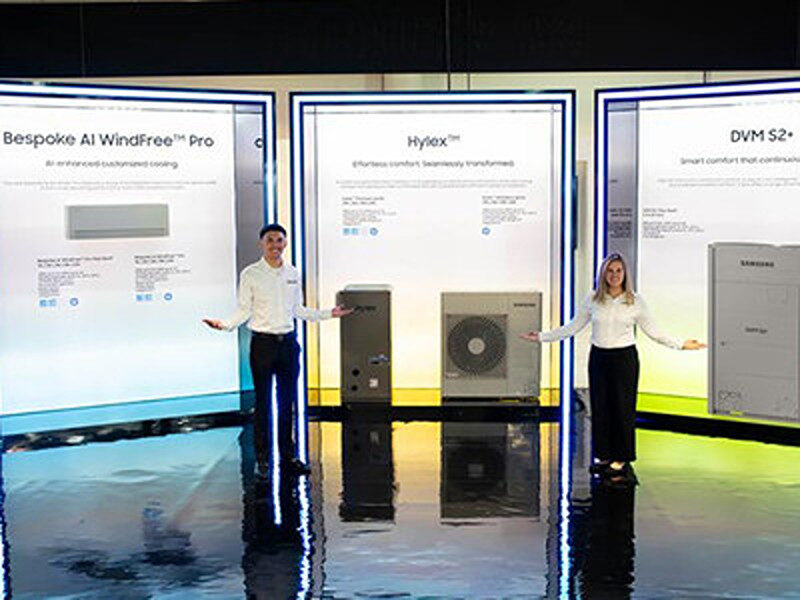From pv magazine Australia.
Electric vehicles – something of a hot potato in the political arena in the run-up to next month’s federal election – enjoy broad support among Australian voters. And that backing cuts across party lines.
Two-thirds of Australians expect to purchase an electric car at some stage, according to polling commissioned by climate change communications group The Climate Council. The poll, conducted by YouGov Galaxy, surveyed 861 voters last week.
Some 62% of respondents supported a target for EVs, with 44% supporting Labor’s aim of having half of all new vehicles electric by 2030 and 18% believing the plan should be more ambitious.
“The results show the federal government is out of touch with everyday Australians,” said Climate Council member and former head of BP Australasia, Greg Bourne. “Australians are keen to be part of the electric revolution with one in six people planning to purchase an electric vehicle next time they buy a car.”
EV price parity
The poll also found more than a third of respondents liked the convenience of being able to charge their car at home and half would consider buying an EV when they become as cheap as petrol cars.
Analysis from Bloomberg New Energy Finance (BNEF) has suggested that will occur in 2022 as the cost of EVs falls below that of traditional vehicles due to rapidly falling battery costs. The crossover point continues to move closer, BNEF analysts noted. In 2017 it was forecast to occur in 2026 while last year the crossover point was predicted for 2024.
BNEF also suggested batteries will account for only 20% of EV costs by 2025, down from the current 33%. Chassis and body costs are also expected to fall slightly, just as equivalent costs rise modestly for conventional cars in a bid to comply with emissions targets.
Transport contributes almost 20% of Australia’s greenhouse gas emissions and there are no federal or state limits to emission levels. The Climate Council poll found two-thirds of Australians believe EVs reduce pollution and are beneficial for people’s health and the environment – that finding included 62% of people who identified as voters for the ruling Coalition.
According to a recent report released by Melbourne-based Evenergi, more EVs could not only contribute to cleaner transportation but also improve grid stability. While that would require appropriate management of load, and therefore consciously crafted network architecture, the ability of demand side control to even out demand could unlock more value from power network assets, ultimately leading to lower costs for consumers according to the report, which was funded by the Australian Renewable Energy Agency and the South Australia government.
Out of touch
Half of Australians supported shifting all sales of new vehicles to electric by 2025 and building charging stations, according to research by The Australia Institute’s Climate & Energy Program. The institute surveyed 1,536 Australians about their attitudes towards EVs between February 20 and March 4.
Support for such a policy exceeded opposition among voters of all political parties and was similar across Australia, at 52% for Victoria and Western Australia, 49% in Queensland and 48% in New South Wales, the findings showed. Three in 10 Australians (28%) opposed the proposal, the institute found.
The poll also showed a majority of voters (62%) supported a government program to switch to an electrically charged transport system, including 55% of Coalition voters, 71% of Labor voters, 78% of Greens supporters and 54% of ‘other’ voters.
While only 16% of respondents opposed a national program to switch to electrically charged transport, support for the transition was similar across Australia, with Western Australia (68%) and Queensland (62%) leading the way.
Follow Nordic lead
“Australians already have a strong appetite for electric vehicles with 50% interested in purchasing an electric vehicle by 2025 – a full five years earlier than Labor’s EV target and significantly faster than the government’s strategy,” said Richie Merzian, climate and energy program director at The Australia Institute.
Noting EV ownership targets only seem out of reach because Australia is so far behind on EV policy and infrastructure, Merzian said the nation should emulate Nordic countries, which have led the world in EV uptake by using policy instruments including purchase, use and access incentives that could be easily replicated.
The Coalition government has hit our at Labor’s national EV target of half of new sales by 2030, even though its own emissions reduction policy assumes a similar result. Analysis by the Department of the Environment and Energy suggested EVs could make up between a quarter and a half of new car sales by 2030 under the Coalition’s strategy. However, energy minister Angus Taylor insisted Labor’s policy – which assumes a new pollution regulation of 105g CO²/km for light vehicles – was unsound.
This content is protected by copyright and may not be reused. If you want to cooperate with us and would like to reuse some of our content, please contact: editors@pv-magazine.com.




The government’s position on EVs is pure political opportunism, strangely misplaced as the survey figures herein suggest. However, I would prefer to describe it as ‘unhinged’ with overtones of a commitment to ensuring the ‘business as usual’ model continues in order to serve their fossil fuel masters who provide substantial funds to the Liberal and LNP parties.